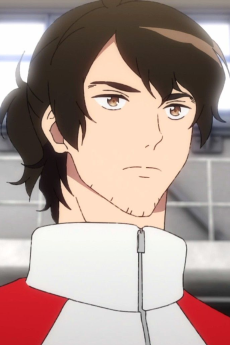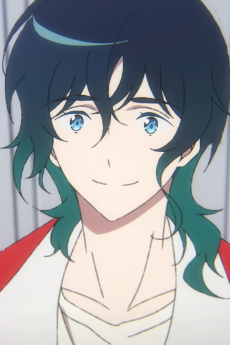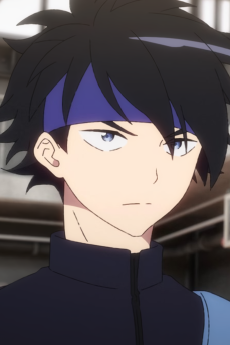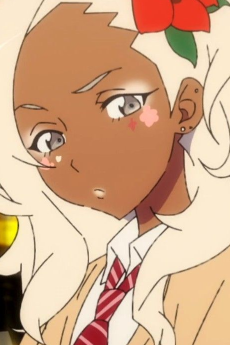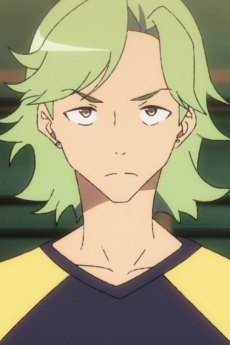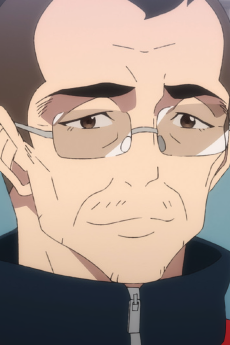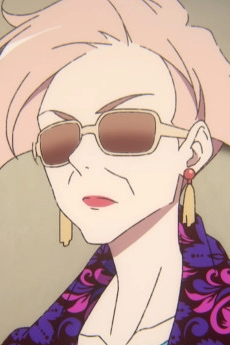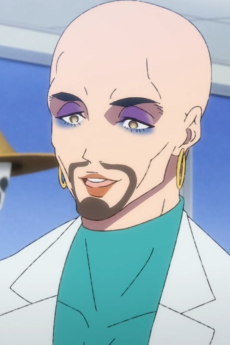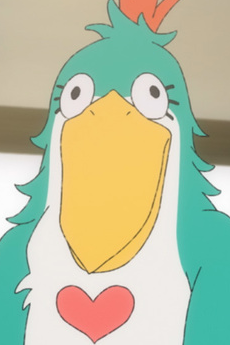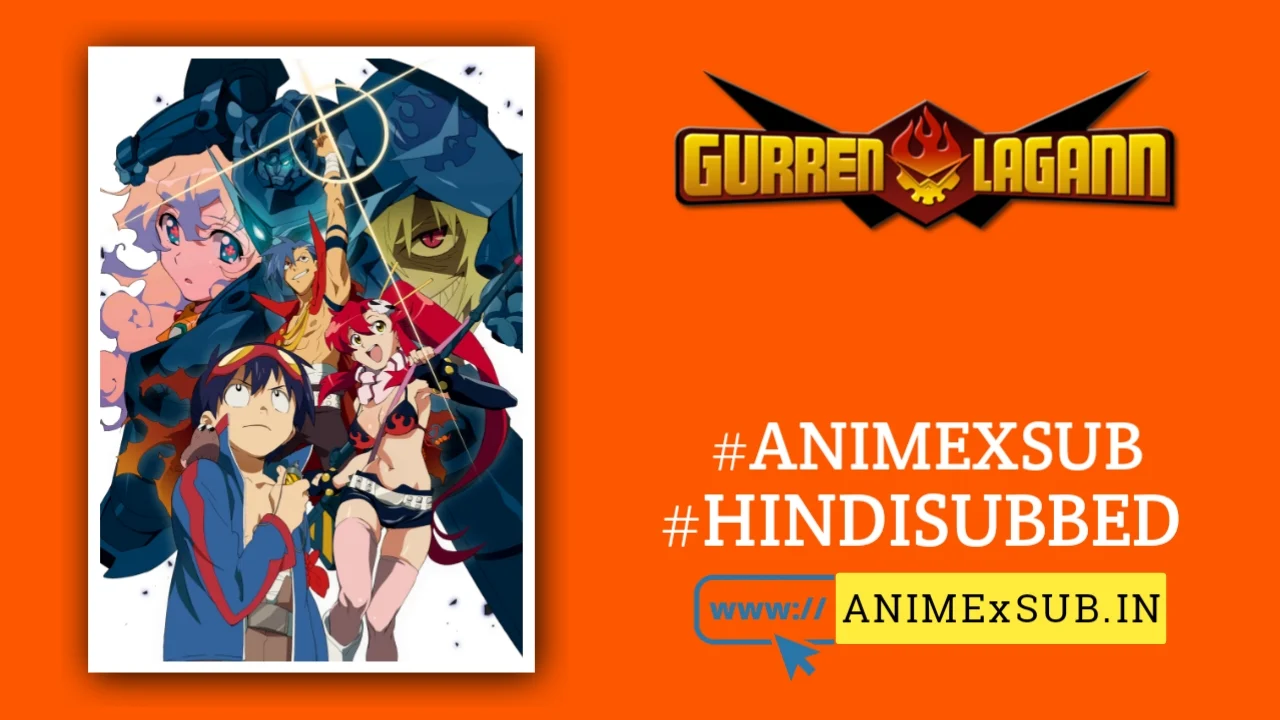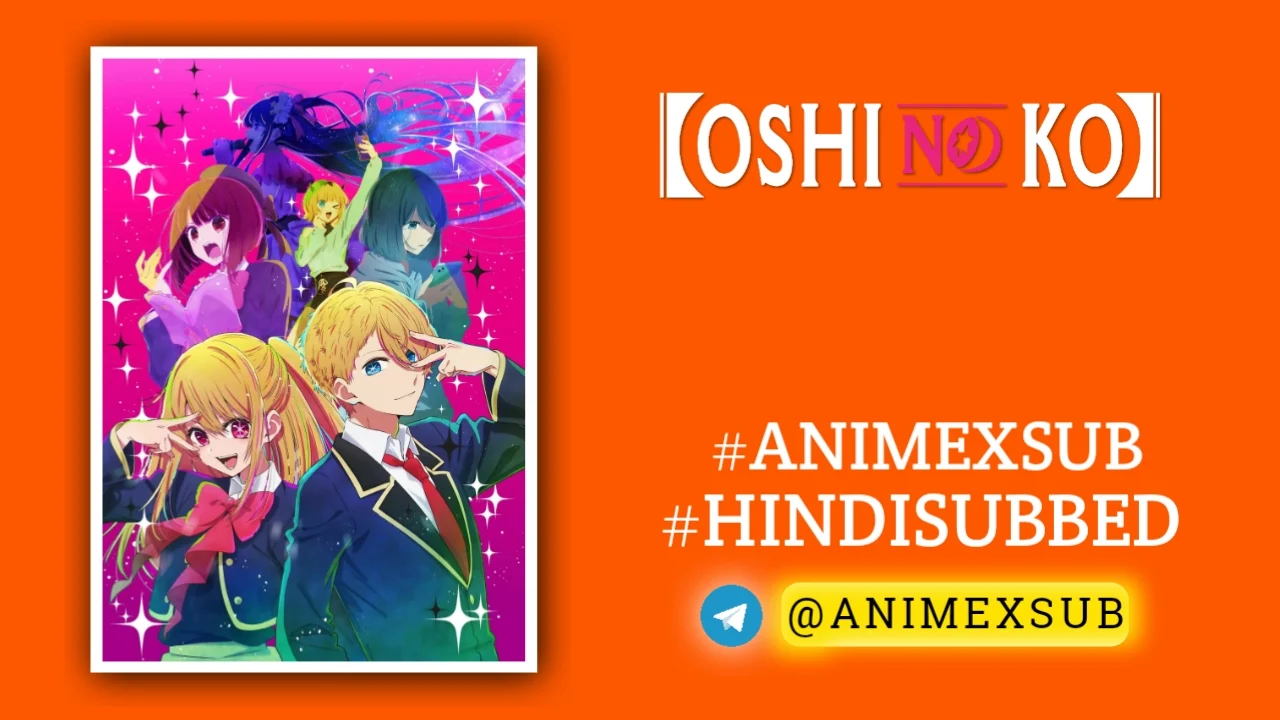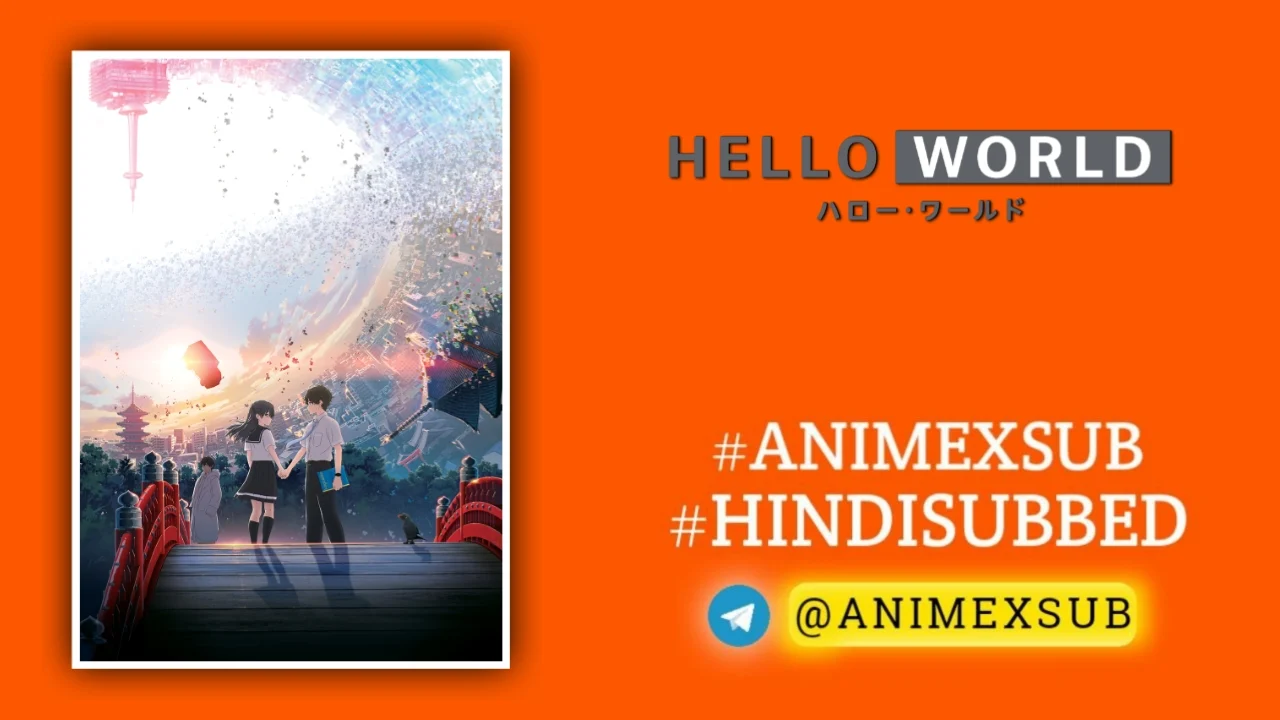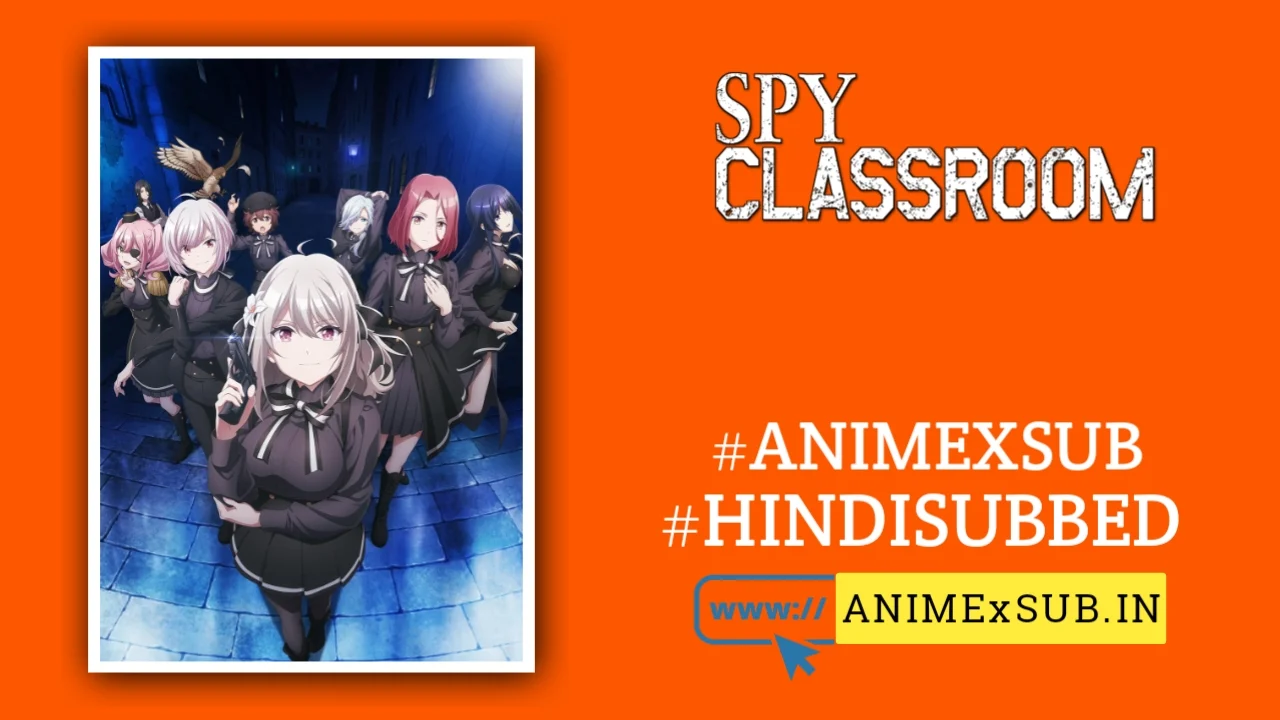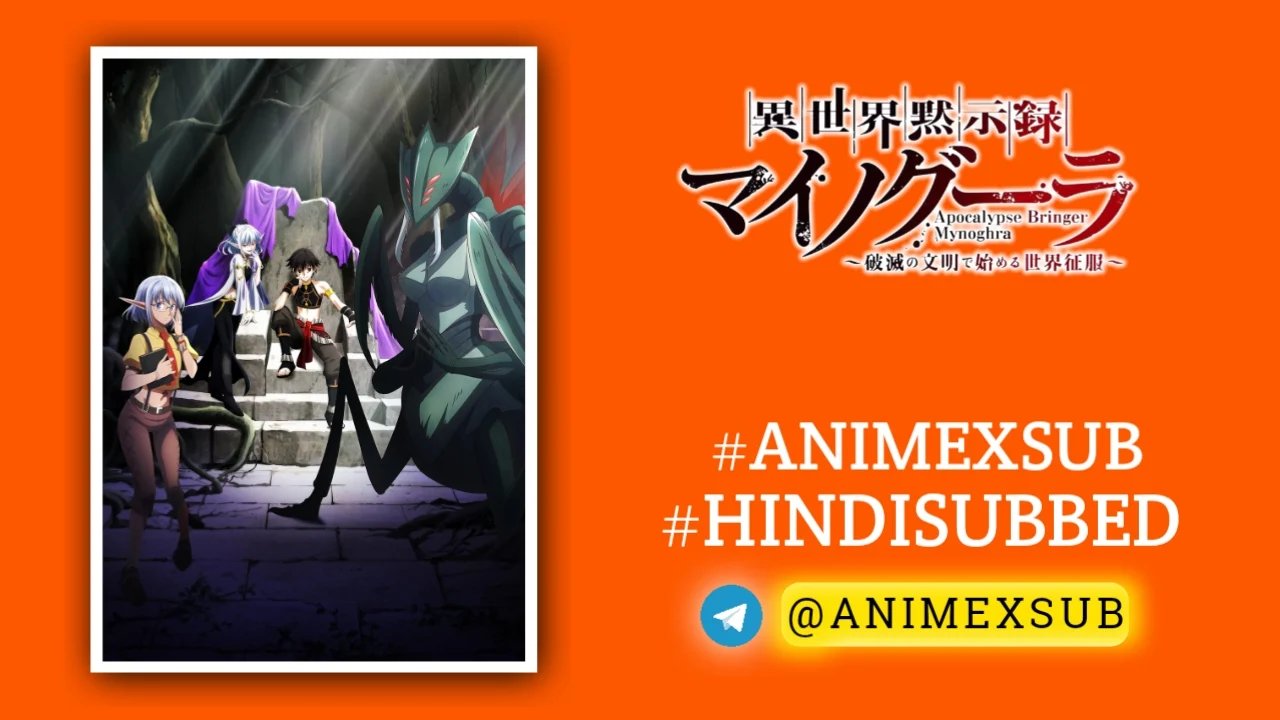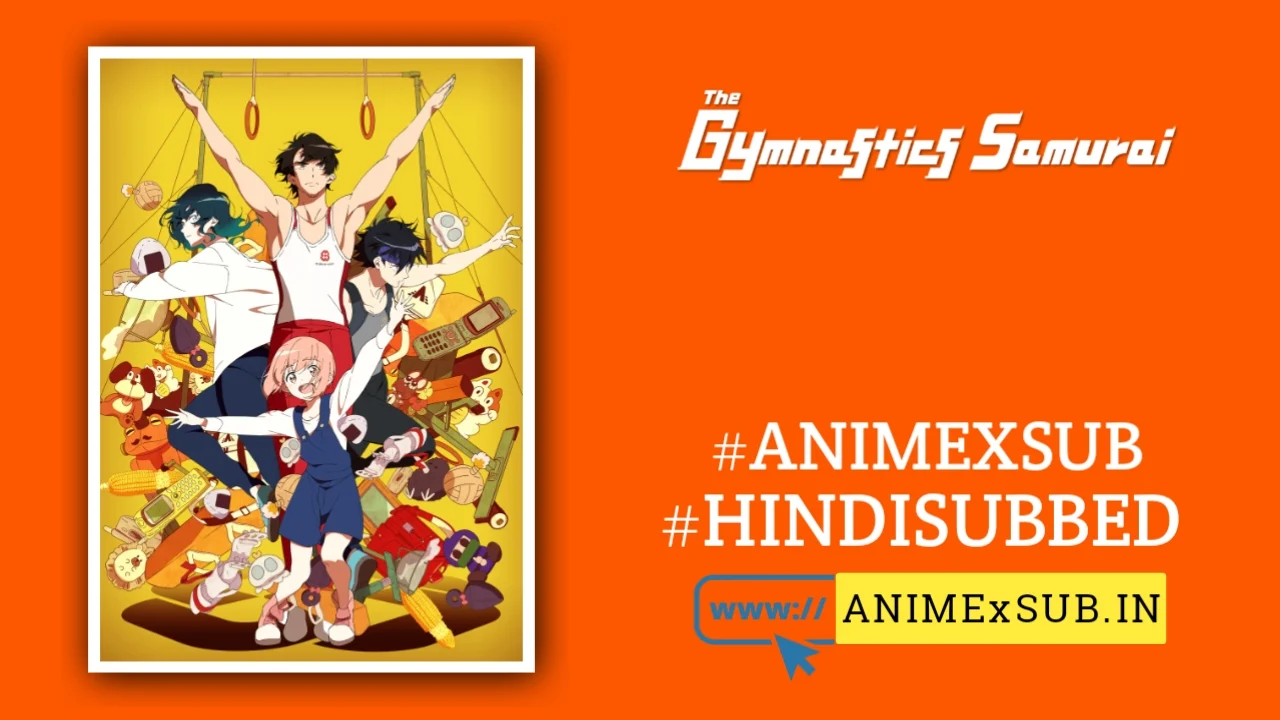
The Gymnastics Samurai Hindi Subbed [11/11] | Taisou Zamurai Hindi Sub
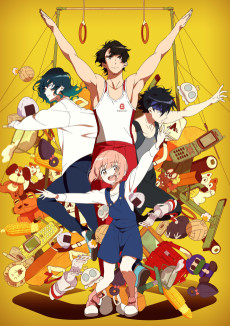
Taisou Zamurai
The Gymnastics SamuraiSynopsis
Joutarou Aragaki, former member of the national team, had given his whole life for gymnastics and was fighting against his age and physical strength. However, one day he is told by his coach to start thinking of his next career. Joutarou struggles, but his daughter, Rei, is always there by his side. But with one fateful encounter, the Aragakis’ lives change drastically. (Source: Funimation)
Watch Trailer
Characters
Taisou Zamurai Season 1: A Bold, Unconventional Dive into Gymnastics and Human Resilience
Taisou Zamurai (The Gymnastics Samurai), an 11-episode anime series that aired in 2020, is a genre-defying gem that blends sports, drama, comedy, and surreal elements into a narrative that’s as unpredictable as it is heartfelt. Produced by MAPPA, written by Shigeru Murakoshi, and directed by Hisatoshi Shimizu, this original anime follows Jotaro Aragaki, a 29-year-old former Olympian gymnast facing the twilight of his career. What sets this series apart is its refusal to adhere to conventional storytelling, weaving a tapestry of emotional depth, quirky characters, and a unique take on the sports anime genre that challenges expectations and rewards attentive viewers.
A Story That Defies Convention
Set in 2002, Taisou Zamurai centers on Jotaro, a once-promising gymnast nicknamed “Samurai” for his distinctive hairstyle, now grappling with a shoulder injury and the harsh reality of aging in a demanding sport. His coach, Noriyuki Amakusa, urges him to retire, but Jotaro’s stubborn determination to continue is fueled by his responsibility to his young daughter, Rei, and the lingering pain of his wife’s death. The narrative takes an unexpected turn with the arrival of Leo, a mysterious ninja-like figure, and a talking parrot named Bigbird, injecting absurdity into an otherwise grounded story. This blend of realism and whimsy is the show’s hallmark, creating a tone that oscillates between poignant and playful without ever feeling disjointed.
Unlike traditional sports anime that focus on team dynamics or rivalries, Taisou Zamurai is introspective, focusing on Jotaro’s personal battle against his own limitations. The series explores themes of perseverance, grief, and the pursuit of dreams in the face of inevitable decline. It’s less about winning gold medals and more about finding meaning in the struggle, making it a refreshing departure from the victory-obsessed tropes of the genre. The inclusion of Leo, a ballet dancer with his own enigmatic backstory, adds layers to the narrative, emphasizing that everyone, not just athletes, chases dreams against daunting odds.
Strengths: Emotional Depth and Character Nuance
The series excels in its character-driven storytelling. Jotaro is a compelling protagonist—not a prodigy or a hero, but a flawed, relatable man wrestling with his identity as an athlete, father, and widower. His relationship with Rei is the emotional core of the show, portrayed with a tenderness that avoids cliché. Rei’s fascination with ninjas and her belief that her father’s gymnastics mirrors their agility adds a layer of childlike wonder that grounds the story in innocence, even as it tackles heavier themes like loss and regret.
The supporting cast is equally vibrant. Leo’s journey from a cryptic outsider to a source of inspiration is elevated by stunning ballet sequences that rival the gymnastics in visual flair. Bigbird, while initially jarring, serves as a comedic foil that lightens the mood without undermining the drama. The show’s ability to balance these eclectic characters—each with their own aspirations—creates a mosaic of human experiences that feels universal yet deeply personal.
Visually, Taisou Zamurai shines in its depiction of gymnastics. MAPPA’s animation captures the fluidity and precision of the sport, particularly in Jotaro’s performances, which are imbued with emotional weight. A standout episode features a flashback to Jotaro’s early life, revealing the roots of his passion and pain, culminating in a performance that’s as much about self-redemption as it is about competition. The series’ use of vibrant colors and dynamic camera angles enhances these moments, making them some of the most memorable in 2020’s anime landscape.
The soundtrack, composed by Masaru Yokoyama, complements the emotional beats, though it’s not always standout. The opening theme, a rap song, is divisive—some find it quirky and fitting, others jarring—but the ending theme and sound effects during competitions are universally praised for their immersion. The voice acting, particularly Daisuke Namikawa as Jotaro and Kappei Yamaguchi as Bigbird, strikes a balance between gravitas and humor, anchoring the show’s tonal shifts.
Weaknesses: Pacing and Tonal Inconsistency
Despite its strengths, Taisou Zamurai isn’t flawless. The integration of comedic elements, particularly the random humor involving Bigbird and Leo’s ninja antics, can feel out of place for viewers expecting a more grounded sports drama. The 11-episode runtime, while tight, leads to uneven pacing—some episodes linger on subplots, while the finale feels rushed, with a two-year time skip that leaves certain character arcs unresolved. The animation, while excellent in gymnastics scenes, occasionally suffers from simplistic character designs and lackluster backgrounds, which can detract from the overall visual experience.
The series’ genre-blending ambition is both its greatest asset and its biggest hurdle. The mix of slice-of-life, sports, drama, and absurd comedy creates an “identity crisis” for some viewers, as noted in reviews on AniDB. The first two episodes, in particular, can be polarizing, with their quirky introductions of Leo and Bigbird potentially alienating audiences before the narrative finds its footing. This unconventional approach, while innovative, risks losing viewers who prefer a more focused storyline.
What Makes It Unique
Taisou Zamurai stands out for its willingness to take risks. Few anime tackle gymnastics, a sport underrepresented compared to staples like volleyball or basketball, and fewer still focus on an aging athlete. The series’ 2002 setting adds a nostalgic layer, with cultural references like The Matrix and VHS tapes grounding it in a specific time. Its exploration of failure—not just in sports but in life—resonates deeply, offering a narrative that’s as much about personal growth as it is about athletic prowess. The show’s refusal to glorify competition, instead emphasizing self-betterment, sets it apart from peers like Haikyuu!! or Yuri on Ice.
Reception and Impact
Reviews from platforms like MyAnimeList and Reddit highlight Taisou Zamurai as a “hidden gem” of 2020, with an IMDb rating of 7.0/10 and praise for its emotional resonance. SpaceWhales Anime Blog noted that it “builds a compelling story, even if it’s not the one you’d expect going in,” capturing its unpredictable charm. However, some fans, as seen in AniDB critiques, found the comedy and pacing uneven, describing it as an “oddball” that doesn’t always land. On Reddit, fans lauded its heartwarming moments and MAPPA’s character-focused animation, with episodes 4 and 6 often cited as emotional peaks.
Who It’s For
Taisou Zamurai is for viewers who crave something different—those who appreciate character-driven stories over formulaic sports narratives. It appeals to fans of anime like Run with the Wind or March Comes in Like a Lion, where personal struggles take precedence over triumphs. It’s also a great pick for those who enjoy a mix of humor and drama, provided they’re open to its eccentricities. Gymnastics enthusiasts will appreciate the detailed depiction of the sport, though they might wish for more technical focus.
Final Verdict
Taisou Zamurai Season 1 is a bold, imperfect experiment that dares to be different. Its blend of heartfelt drama, quirky comedy, and stunning gymnastics sequences creates a unique viewing experience that challenges the norms of the sports anime genre. While its pacing and tonal shifts may not resonate with everyone, its emotional core and unconventional storytelling make it a standout. For those willing to embrace its weirdness, Taisou Zamurai offers a moving exploration of resilience, family, and the courage to keep going, even when the odds are stacked against you.
Rating: 8/10
A must-watch for fans of unique anime that prioritize heart over heroics, Taisou Zamurai proves that sometimes, the most powerful victories are the ones we fight for ourselves.
Sources: SpaceWhales Anime Blog, MyAnimeList, AniDB, Reddit discussions, IMDb.
Support Our Anime Community!
Love watching the latest anime? Help us keep uploading new episodes by join telegram channel ❤️
Join Now!
